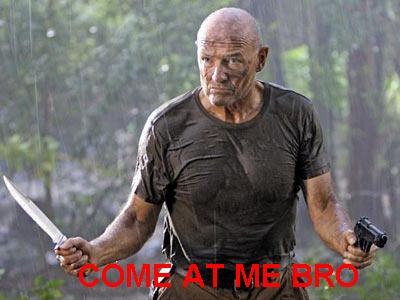From AMCAS:
"I qualify for disadvantaged status for a number of reasons. As background, my parents are immigrants. My father wasn't around very much when I was a child which had a substantial impact on my mother's ability to maintain our house.
I was raised on the west side of Cleveland where our family income put us well below the poverty line. Indeed, my mother would take me and my sister to places like the library and local malls because she had trouble paying the gas bill. I also remember having to wear a jacket indoors during the winter to keep warm.
I attended private schools because my mother worked to ensure substantial financial aid for me and my sister. She sold raffle tickets, sold candy bars, and worked bingo to get me and my sister a discount to school. She also applied for the free lunch programs at school for us. Finally, my high school gave me a full, need-based scholarship. For college, almost all of my college tuition was covered by grants and scholarships with some loans because our estimated share of the costs was zero
I worked as soon as I could, so I could take care of myself. I shelved library books, mowed lawns, painted fences, and worked retail to contribute financially to the family. My family qualified for food stamps."
"I qualify for disadvantaged status for a number of reasons. As background, my parents are immigrants. My father wasn't around very much when I was a child which had a substantial impact on my mother's ability to maintain our house.
I was raised on the west side of Cleveland where our family income put us well below the poverty line. Indeed, my mother would take me and my sister to places like the library and local malls because she had trouble paying the gas bill. I also remember having to wear a jacket indoors during the winter to keep warm.
I attended private schools because my mother worked to ensure substantial financial aid for me and my sister. She sold raffle tickets, sold candy bars, and worked bingo to get me and my sister a discount to school. She also applied for the free lunch programs at school for us. Finally, my high school gave me a full, need-based scholarship. For college, almost all of my college tuition was covered by grants and scholarships with some loans because our estimated share of the costs was zero
I worked as soon as I could, so I could take care of myself. I shelved library books, mowed lawns, painted fences, and worked retail to contribute financially to the family. My family qualified for food stamps."




